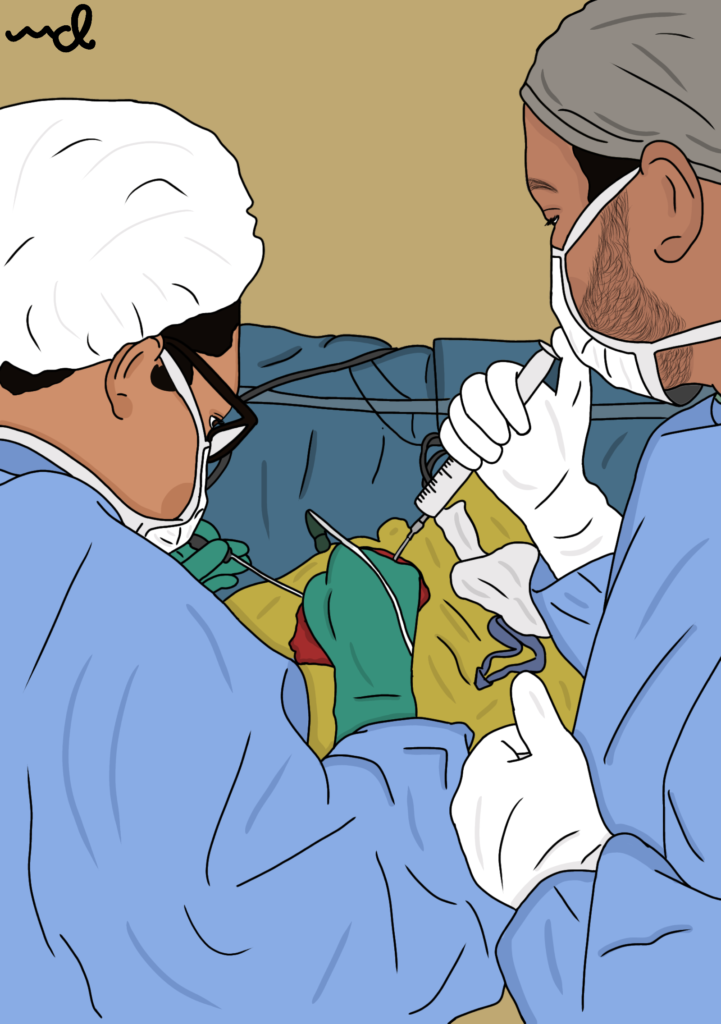Neurosurgery is a specialized medical field that deals with the diagnosis and surgical treatment of conditions that affect the brain, spinal cord, and peripheral nervous system. Some of the most common reasons for neurosurgery include:
- Brain Tumors: Neurosurgeons often perform surgery to remove brain tumors that can cause seizures, headaches, and other neurological symptoms.
- Spinal Disorders: Neurosurgery can be used to treat spinal disorders such as herniated discs, spinal stenosis, and degenerative disc disease.
- Traumatic Brain Injuries: Neurosurgery is often required to treat severe head injuries caused by accidents, falls, or other traumatic events.
- Cerebrovascular Disorders: These disorders involve blood vessels in the brain, and neurosurgery may be required to treat conditions such as aneurysms, arteriovenous malformations (AVMs), and stroke.
- Movement Disorders: Neurosurgery can be used to treat movement disorders such as Parkinson’s disease and essential tremors.
- Epilepsy: Neurosurgery may be recommended for patients with epilepsy that is not controlled with medications.
- Chiari Malformation: Neurosurgery may be required to treat a condition called Chiari malformation, which is a structural defect in the brain that causes neurological symptoms.
- Hydrocephalus: This is a condition where there is an abnormal buildup of cerebrospinal fluid in the brain, and neurosurgery may be required to relieve the pressure.
These are just a few examples of the many reasons why neurosurgery may be necessary. It is important to note that each patient’s case is unique and requires a personalized approach to treatment.

